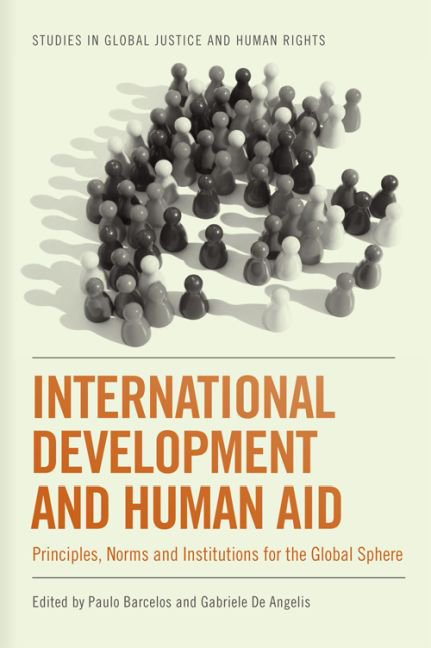Book contents
- Frontmatter
- Contents
- List of Contributors
- Acknowledgements
- 1 Justice in a Complex World: An Introduction
- Part I Human Rights and the World Economy: Questions of Scope
- 2 The (Difficult) Universality of Economic and Social Rights
- 3 Economic Justice and the Minimally Good Human Life Account of Needs
- Part II The Applicability of Global Principles – Some Contemporary Dilemmas
- Part III Justice and International Institutions
- Index
3 - Economic Justice and the Minimally Good Human Life Account of Needs
from Part I - Human Rights and the World Economy: Questions of Scope
Published online by Cambridge University Press: 26 April 2017
- Frontmatter
- Contents
- List of Contributors
- Acknowledgements
- 1 Justice in a Complex World: An Introduction
- Part I Human Rights and the World Economy: Questions of Scope
- 2 The (Difficult) Universality of Economic and Social Rights
- 3 Economic Justice and the Minimally Good Human Life Account of Needs
- Part II The Applicability of Global Principles – Some Contemporary Dilemmas
- Part III Justice and International Institutions
- Index
Summary
INTRODUCTION
There are many reasons why one might want an account of what people need. One reason is that, on some accounts, a decent society must enable its members to secure what they need. Needs compete with welfare, opportunity, resource, and capability accounts of the currency of economic justice and there are many compelling arguments that a decent society must enable its members to secure what they need (Pogge 2002; Hassoun 2012; Vallentyne 2005; Alkire 2002; Reader 2006; Copp 1998; Brock 1998; Braybrooke 1998; Buchanan 2004). So, it is important to have an account of needs that might play the requisite role in answering the question “What must a good society enable its members to secure?” After all, if no account can play this role then we should presumably answer this question by referencing a different (that is, welfare, opportunity, resource, or capability) alternative.
Some suggest that a needs account might have an advantage over at least the resourcist alternative, because a decent society might have to enable different people to secure different things (Reader 2006). Some people need only a little food and water. Others (for example, pregnant women) need much more. Some do not need expensive medicines or health care. Others (for example, AIDS victims) require a lot of medical aid. So, any good account of needs must accommodate differences in individuals’ needs (Brock 1998; Frankfurt 1988). Ideally, a good account should capture all of the things each person needs without including anything someone does not need.
This chapter will provide an account of needs that (1) can accommodate individual differences in need that (2) decent societies might, plausibly, have to enable their members to fulfill. It will not argue that its account of needs is better than welfare, opportunity, resource, and capability accounts of the currency of economic justice. Rather, this chapter just aims to provide a new competitor worth further consideration. In doing so, this chapter will link discussions about the nature of needs to those about economic justice. It will also critically review several accounts of need in the literature arguing that none can fulfill the above desiderata.
- Type
- Chapter
- Information
- International Development and Human AidPrinciples, Norms and Institutions for the Global Sphere, pp. 51 - 76Publisher: Edinburgh University PressPrint publication year: 2016



